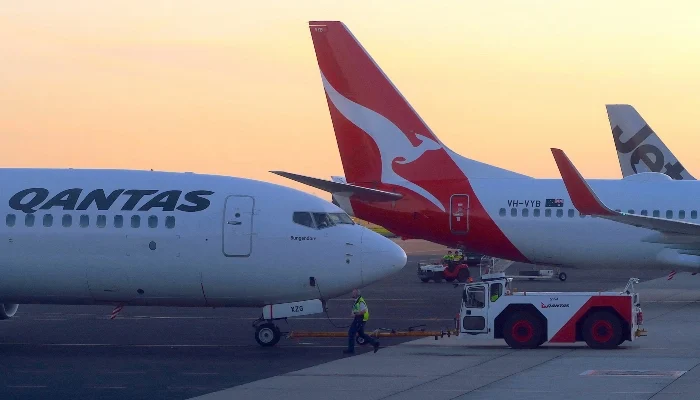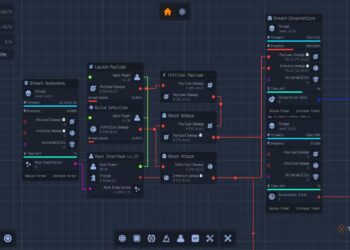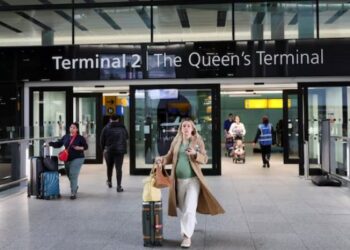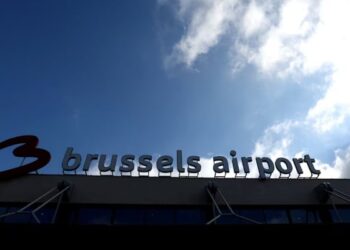Select Language:
Workers are seen near a Qantas Airways Boeing 737-800 plane parked at Adelaide Airport, Australia, August 22, 2018. — Reuters
– Major cyberattack impacts global companies through Salesforce.
– Sensitive customer information has been exposed, though no financial data was compromised.
– Major tech and airline corporations targeted in the breach.
A large-scale cyberattack has resulted in the theft of data from 5.7 million Qantas customers, which was subsequently leaked online as part of a broader security breach affecting numerous firms.
Allegedly, prominent companies including Disney, Google, IKEA, Toyota, McDonald’s, and airlines such as Air France and KLM experienced data theft in an attack targeting Salesforce, a major software provider. The stolen information has been held hostage in ransom demands.
Salesforce disclosed earlier this month that it was aware of recent extortion attempts by cybercriminals.
Qantas announced in July that hackers infiltrated a third-party customer contact center, gaining access to a systems used by Salesforce. The breach exposed customer names, email addresses, phone numbers, and birthdays.
Since then, no additional breaches have been reported, and the airline is working with Australian security agencies. The company stated that much of the leaked data comprised names, email addresses, and frequent flyer numbers. However, some information also included addresses, dates of birth, genders, meal preferences, and phone numbers.
Qantas emphasized that credit card details, financial information, and passport data remained unaffected. The airline also secured a legal injunction from the Supreme Court of New South Wales to prevent the leaked data from being accessed or published.
Cybersecurity expert Troy Hunt commented to AFP that such legal measures are unlikely to prevent the data’s further dissemination, calling the situation “ridiculous” and noting that security efforts do little to stop criminals outside of Australia.
Google pointed AFP to a statement from August, confirming that one of its Salesforce servers was targeted, but did not confirm whether data was leaked. Melanie Lombardi, head of Google Cloud Security Communications, added that Google responded to the incident, assessed the impact, and notified potentially affected businesses.
Analysts have linked the breach to hackers associated with the Scattered Lapsus$ Hunters, a cybercriminal alliance. According to research from Unit 42, the group claimed responsibility for attacking Salesforce tenants as part of a coordinated effort to steal and ransom data, with a deadline set for ransom payment on October 10.
The hackers employed social engineering tactics, manipulating victims by impersonating company representatives to gain access—an approach last month warned against by the FBI. Experts say the attack was carried out using “the oldest tricks in the book” rather than sophisticated technical exploits.
This incident, involving Australia’s largest airline, underscores increasing concerns about data security amid a string of high-profile cyberattacks in the country. Last year, Qantas apologized after a mobile app glitch exposed some passenger details, and in 2023, hacking of port systems handling nearly half of Australia’s freight trade brought operations to a halt.






